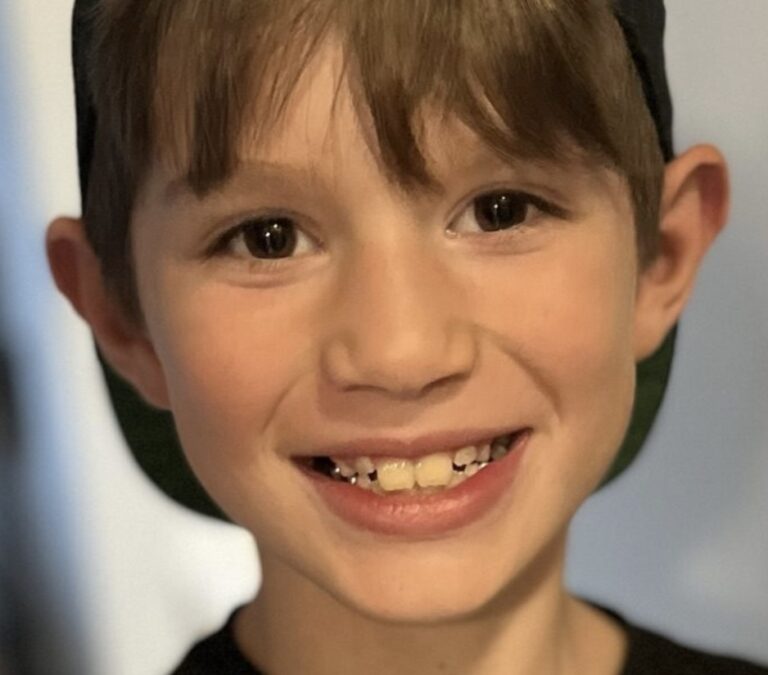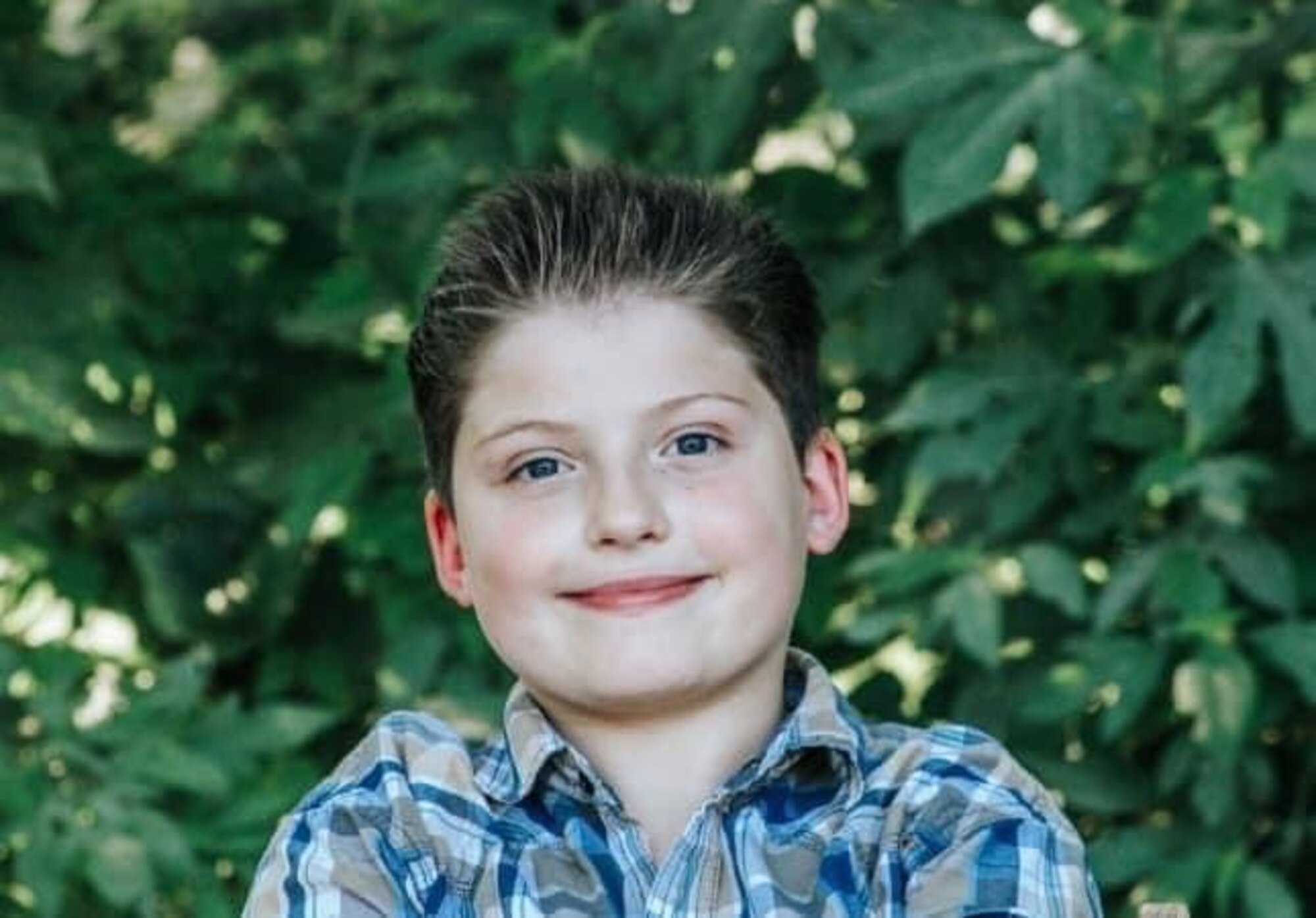As we reflect on the complexities of human development, one often overlooked aspect is the profound impact of childhood experiences on shaping our adult lives. The little boy, with his boundless energy and curiosity, represents a microcosm of growth, resilience, and hope. In this article, we will delve into the world of childhood, exploring the intricacies of the little boy’s journey and offering valuable insights for parents, caregivers, and professionals alike.

Little Boy – Wikipedia
The Fragility of Innocence
Childhood is a delicate balance of wonder and vulnerability. The little boy, with his unbridled enthusiasm and open heart, embodies this duality. His world is one of discovery, where every experience is a new adventure waiting to unfold. Yet, beneath the surface of innocence lies a fragile ecosystem of emotions, needs, and desires.
As we navigate the complexities of childhood, it’s essential to acknowledge the role of emotional intelligence in shaping our young ones’ lives. The ability to recognize, understand, and manage emotions is crucial for developing resilience, empathy, and social skills. Parents, caregivers, and educators play a vital role in fostering this emotional awareness, providing a supportive environment that encourages exploration, creativity, and self-expression.
The Power of Play
Play is often viewed as a frivolous aspect of childhood, yet it holds immense significance in shaping our little ones’ cognitive, social, and emotional development. The little boy’s playtime is a rich tapestry of imagination, creativity, and problem-solving, reflecting his innate desire to learn, explore, and adapt.
Play-based learning is an effective means of promoting cognitive development, as it allows children to experiment, take risks, and develop critical thinking skills. Moreover, play fosters social connections, empathy, and cooperation, laying the groundwork for strong relationships and community building.
The Importance of Positive Reinforcement
Positive reinforcement is a powerful tool in shaping our little boys’ behavior, motivation, and self-esteem. By acknowledging and celebrating their achievements, we send a clear message that hard work, effort, and perseverance are valued and rewarded.
Research has consistently shown that positive reinforcement can significantly impact childhood development, increasing self-confidence, resilience, and academic achievement. As caregivers, parents, or educators, it’s essential to incorporate positive reinforcement into our daily interactions with the little boy, using verbal praise, rewards, and genuine recognition to nurture his growth.
The Significance of Boundaries and Discipline
Establishing clear boundaries and discipline is crucial for creating a stable and secure environment in which the little boy can thrive. Effective boundary-setting helps children develop self-regulation skills, responsibility, and respect for authority figures.
 National Museum of the United States Air …” title=”Little Boy” Atomic Bomb > National Museum of the United States Air …” style=”max-width: 100%; height: auto; margin: 15px 0;”>
National Museum of the United States Air …” title=”Little Boy” Atomic Bomb > National Museum of the United States Air …” style=”max-width: 100%; height: auto; margin: 15px 0;”>
Little Boy” Atomic Bomb > National Museum of the United States Air …
Discipline, when implemented in a balanced and loving manner, teaches essential life skills such as self-control, prioritization, and time management. By setting clear expectations and consequences, caregivers and parents can help the little boy navigate challenges, learn from mistakes, and develop resilience.
The Role of Parenting Style
Parenting style is a critical factor in shaping our little boys’ emotional, social, and cognitive development. The way we respond to their needs, emotions, and behaviors sets the tone for future relationships and interactions.
Research suggests that authoritative parenting styles, characterized by warmth, responsiveness, and high expectations, are most effective in promoting healthy childhood development. By embracing a balanced approach to parenting, caregivers can foster emotional intelligence, self-awareness, and social skills in their little ones.
Real-World Applications
In the real world, understanding the complexities of childhood can inform our approaches to education, child psychology, and healthcare. By recognizing the importance of play-based learning, positive reinforcement, and emotional intelligence, we can develop more effective strategies for supporting children’s development.
For parents, caregivers, and educators, embracing a growth mindset and being aware of their own emotions and biases can lead to more informed decision-making and more empathetic interactions with the little boy. By prioritizing his needs, fostering a supportive environment, and providing opportunities for exploration and creativity, we can help shape resilient, capable, and compassionate individuals.
Actionable Takeaways
As we reflect on the journey of the little boy, it’s essential to remember that every child is unique, with their own set of needs, desires, and strengths. By embracing a holistic approach to childhood development, we can create environments that nurture emotional intelligence, creativity, and resilience.
To support our little ones’ growth, consider the following actionable takeaways:
- Establish clear boundaries and discipline while maintaining warmth and responsiveness.
- Foster play-based learning opportunities to promote cognitive, social, and emotional development.
- Practice positive reinforcement through verbal praise, rewards, and genuine recognition.
- Emphasize emotional intelligence, self-awareness, and empathy in your interactions with the little boy.
In conclusion, the little boy’s journey is a complex tapestry of growth, resilience, and hope. By embracing a comprehensive approach to childhood development, we can create environments that nurture our young ones’ emotional, social, and cognitive well-being. As caregivers, parents, or educators, let us prioritize their needs, foster creative opportunities, and provide support for their unique journey.

Little Boy – Wikipedia

Atticus’ Story – CURE Epilepsy
 A Journey from Grief to Gratitude > MacDill Air Force Base > News
A Journey from Grief to Gratitude > MacDill Air Force Base > News
